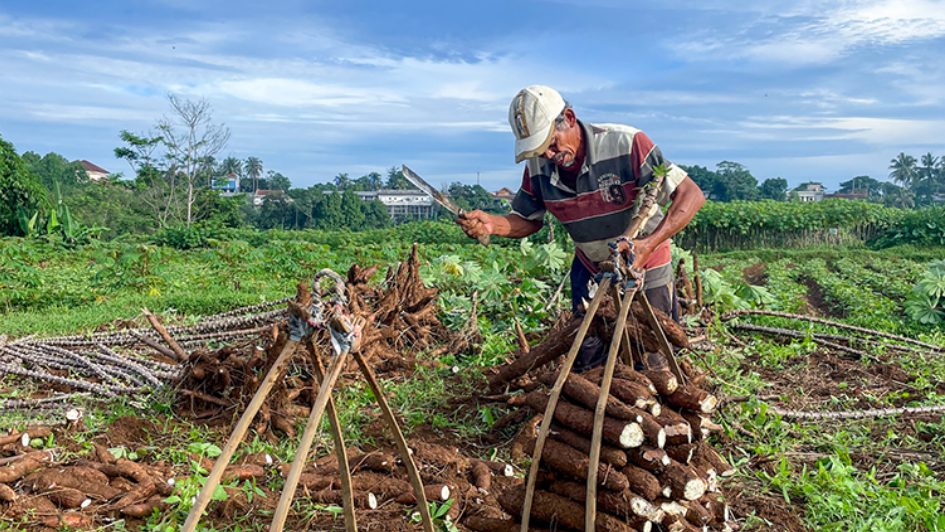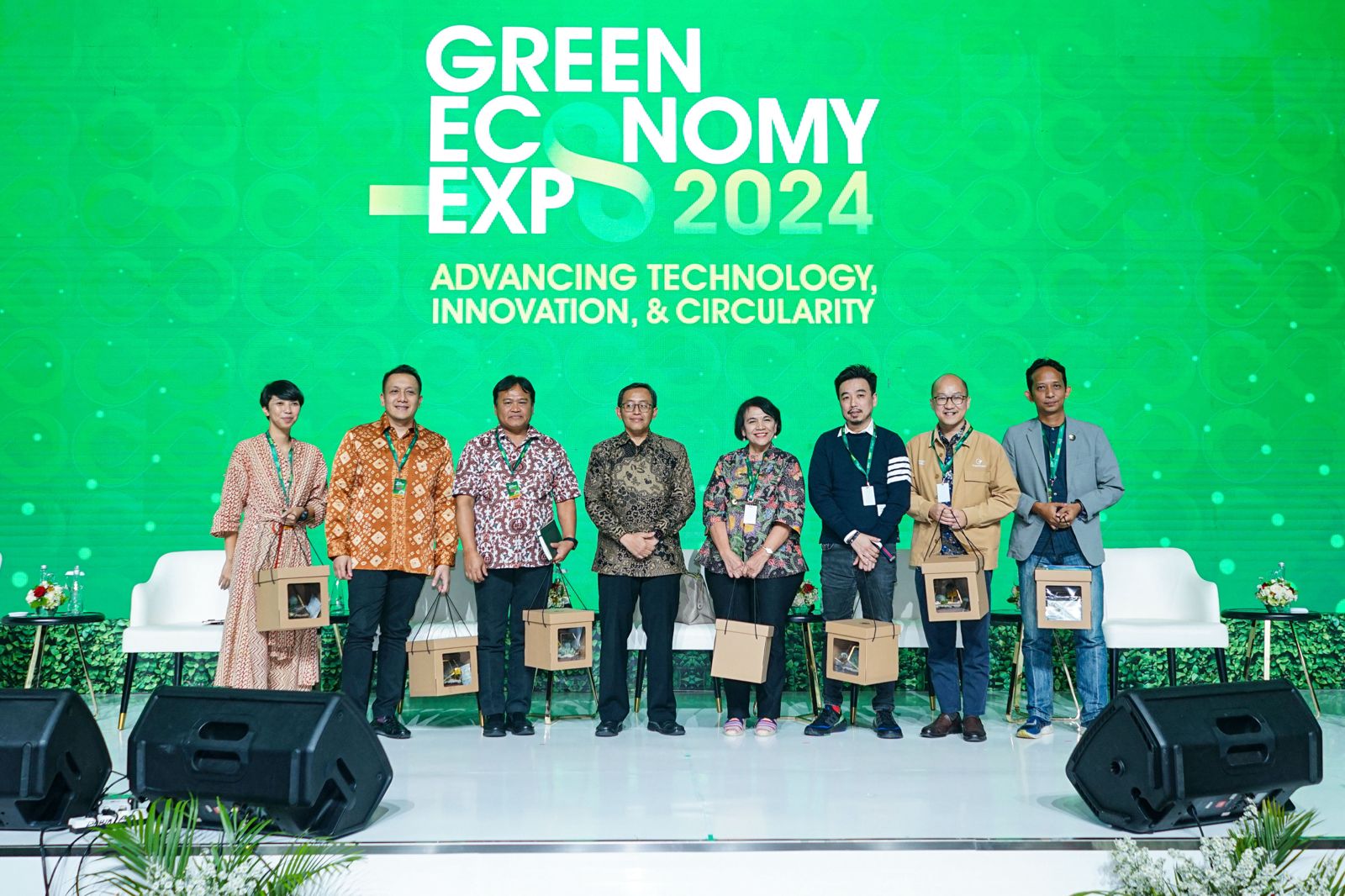3R as a solution to plastic waste problem, is it enough?
Thursday, 15 March 2018Waste is closely related to our daily lives. In DKI Jakarta in particular, 7000 tonnes of waste is generated every day and 14% of it is plastic waste (https://news.detik.com/berita/d-3825854/setiap-hari-jakarta-hasilkan-7000-ton-sampah). Many efforts have been made to reduce the volume of waste such as education on the importance of sorting waste, reducing the use of disposable containers, and the 3R concept.
Currently, 460 waste banks in DKI Jakarta have implemented the 3R programme. The waste bank itself is a shelter for waste that has been sorted, where later the waste will be distributed to be processed again. But so far only about 5% of the total waste has been processed by waste banks and recycled.
The 3R concept itself has actually been running quite well in European countries, as evidenced by the volume of waste that has been managed reaching more than 90%. Unlike Europe, Indonesia is a country with an area of almost 2,000,000 square kilometres and an archipelago consisting of 17,000 islands. This geographical condition makes it difficult to implement the 3R concept, where existing plastic waste needs to be collected and managed.
To overcome this plastic waste problem, various parties have finally formulated ideas where in addition to the 3Rs, programme extensions such as:
1. Replace
The community is directed to replace or avoid disposable items with items that can be used repeatedly. For example, bringing your own bag when shopping, or using drinking bottles and lunch boxes.
2. Repair
Efforts to repair the damage that has been made by humans are needed to maintain the survival of life and the environment. This repair effort can take the form of campaigns and other activities whose purpose is to repair the damage that has occurred.
3. Recreate / Recover
Waste that cannot be recycled can be converted into electricity, heat, and fuel through thermal and biological processes.
4. Return to Earth
Waste will eventually decompose back into the earth, but sometimes the decomposition process is quite long, for example plastic takes 500-1000 years to decompose, so an environmentally friendly plastic solution is needed that decomposes faster.
Apart from the solutions described above, there are many other solutions to combat the plastic waste problem. But without support from us, as consumers who produce plastic waste, these solutions will not be effective. Therefore, let's fight plastic waste together by becoming the solution ourselves.



